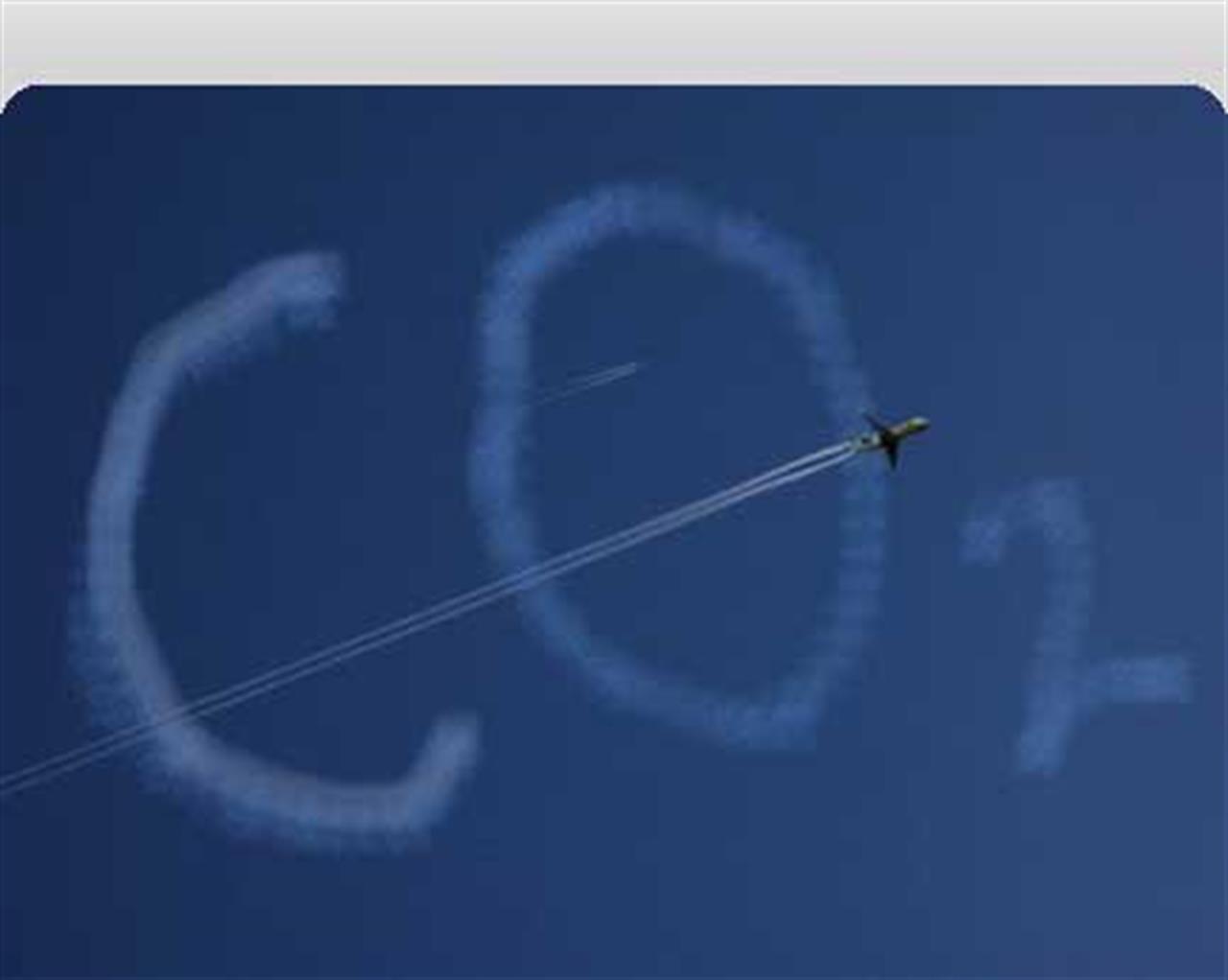Sostenibilità
Developing countries state their stance
Document reveals position of G77 countries
di Staff

While protests and anger against the “Danish text”, published by The Guardian and deeply criticised by the poorest countries, continue, on Friday December 11, the French newspaper Le Monde revealed the existence of a document which was elaborated between 27 and 28 November in Beijing by the most powerful developing countries.
In this document China, India, Brazil, South Africa and Sudan – the states currently leading the G77 of the developing countries’ group in the UN – confirm their faith in the Kyoto protocol, which is considered “the legal way” to ask the industrialised nations to cut 40% of their gas emissions within 2020.
Named the “Copenhagen Draft” and presented as the conference’s final decision, the document states clearly that “economic development and the fight against poverty are the unquestioned priorities for developing countries”.
Considering the scientific community’s position on climate change, the so-called five BASIC countries – due to their initial letters – have also admitted that “the increase of the global temperature should not exceed 2 C degree”.
As Le Monde underlines, this admission is “a relevant step forward that opens the doors to developing countries’ CO2 emissions cuts”. It is worth pointing out though that this overture is just one step, indeed “a drastic effort from developed countries could never be enough” to save the planet.
While reading the document, it is clear that its primary target is the US.
This is both due to the necessity to cut gas emissions and because of the request by the G77 to create an “Adaptation Fund” to help weaker countries.
The document addresses itself expressively “to the industrialised countries that did not sign the Kyoto protocol” – in other words particularly to the US – to make the same commitments as the countries that support the Protocol have done.
The Kyoto Protocol, signed in December 1997, prefigured a global reduction of emissions by 5% compared to 1990 levels within 2012.
The BASIC countries are asking for a prolonged commitment in terms of emissions reduction, which means establishing a second period of cuts going from 2013 to 2020 eight times more effective than the previous one.
Which is where the request of cutting 40% of emissions comes from. There is only one concession for the US: it has the possibility of taking a different reference year to the commonly used 1990 one.
On the other side, BASIC countries are also severe when it comes to the use of the carbon trade market as a way to fight climate change. The US has to reduce its emissions through “domestic measures”, which means absolute reductions.
As for the “adaptation fund”, the Obama administration had hoped to put the World Bank as leading institution of the fund, which is an international institution under US influence. But emerging countries have vetoed this and instead asked for the creation of a “Global Climate Fund” which should be administered by the UN.
Download the Beijing draft – pdf version
By Joshua Massarenti – www.afronline.org
Cosa fa VITA?
Da 30 anni VITA è la testata di riferimento dell’innovazione sociale, dell’attivismo civico e del Terzo settore. Siamo un’impresa sociale senza scopo di lucro: raccontiamo storie, promuoviamo campagne, interpelliamo le imprese, la politica e le istituzioni per promuovere i valori dell’interesse generale e del bene comune. Se riusciamo a farlo è grazie a chi decide di sostenerci.
